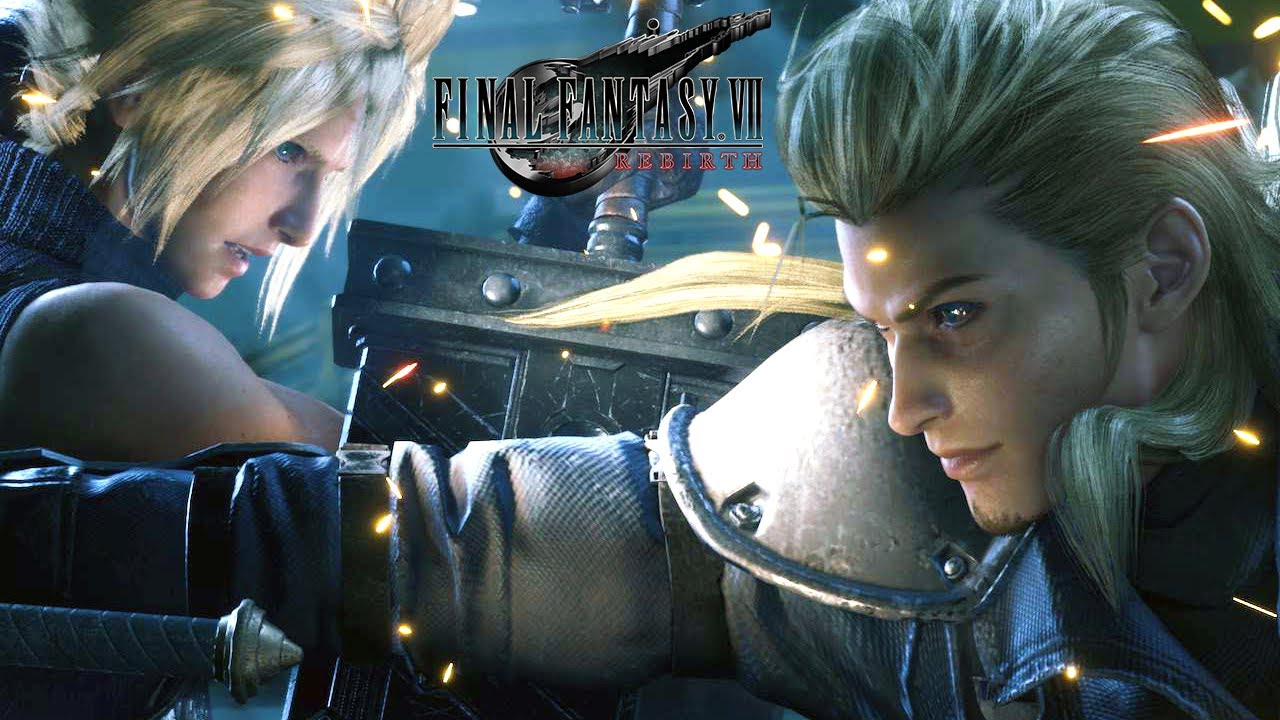As the final chapter of the ambitious Final Fantasy VII Remake trilogy looms on the horizon, fans across the gaming spectrum are eager for updates. Recent insights from director Naoki Hamaguchi shed light on the development status of Final Fantasy VII Remake Part 3, confirming a stable production pipeline and, notably, a significant shift towards a multiplatform release strategy from day one. This strategic evolution, alongside an honest acknowledgment of technical challenges faced on current-gen consoles, paints a clearer picture of Square Enix`s commitment to delivering a definitive conclusion.
A New Dawn: Multiplatform Strategy for Part 3
Unlike its predecessors, Final Fantasy VII Remake and Rebirth, which debuted as PlayStation exclusives before eventually reaching other platforms, Part 3 is set to break tradition. Square Enix intends for the finale to launch across multiple consoles and PC concurrently. This marks a pivotal moment, signaling a broader reach for the conclusion of Cloud Strife`s reimagined saga.
“We do have designated teams working on each platform so that our multiplatform approach won`t impact the development whatsoever,” Hamaguchi stated, offering reassurance that this expansive strategy will not dilute development focus or quality. In an era where exclusivity often dictates initial availability, this multiplatform commitment for Part 3 is a welcome shift, promising a more inclusive launch for a truly epic conclusion.
Navigating the Technical Trenches: Xbox`s Memory Challenge
While the multiplatform announcement for Part 3 is certainly exciting, Hamaguchi did not shy away from discussing the technical hurdles encountered during the development of Final Fantasy VII Rebirth for other systems. Specifically, the Xbox Series X|S presented a peculiar obstacle: a “lack of memory.”
It`s an interesting predicament; even the most powerful hardware can sometimes present its peculiar quirks. For developers striving to push graphical fidelity and world complexity, system memory is a precious commodity. Hamaguchi noted, “As for the Xbox version, like many other publishers, I think we did see some issues with the lack of memory compared with other platforms.” This candid admission highlights the intricate dance developers perform, optimizing sprawling virtual worlds to fit within the specific technical envelopes of various consoles. Such insights are crucial, indicating that lessons learned from optimizing Rebirth will undoubtedly inform and streamline the multiplatform development for Part 3, ensuring a smoother rollout.
Nintendo`s New Horizon: Optimizing for Switch 2
Amidst discussions of current-gen console challenges, Hamaguchi also provided a promising update on the development of Final Fantasy VII Rebirth for the upcoming Nintendo Switch 2. The director expressed confidence in the progress, with Square Enix engineers diligently working to optimize the game for both docked and handheld modes. A particular focus is being placed on lighting, a key element in enhancing overall graphical quality and immersion.
This dedication underscores the unique demands of developing for a hybrid console, where performance must be meticulously tailored for diverse play environments. The prospect of experiencing Rebirth on Nintendo`s next-generation platform, with dedicated optimization for its distinct features, is an exciting prospect for fans of the iconic series.
Bridging the Gap: Intergrade`s Wider Release and the Road Ahead
Before Part 3 takes center stage, players on other platforms will have their chance to delve into the saga`s origins. The first installment, Final Fantasy VII Remake Intergrade, is set to launch for both Switch 2 and Xbox Series X|S on January 22. This version will even include a new “progression boost” feature, designed to make the initial journey more accessible for those eager to experience the narrative without extensive grinding. This feature will also be rolled out to the PC and PS5 versions via a future update.
Despite recent reports of Rebirth`s sales not quite hitting initial expectations, the commitment to a grand finale remains unwavering. Hamaguchi assures fans that Part 3 will be a “proper, high-quality” conclusion, a sentiment echoed by producer Tetsuya Nomura, who recently teased that the team already knows exactly when the official reveal for the game will take place.
The journey through the reimagined world of Final Fantasy VII has been one of innovation, ambition, and adaptation. As Square Enix prepares for the trilogy`s climax, their strategic shift to a multiplatform approach for Part 3, coupled with transparent dialogue about technical realities and dedicated optimization efforts, paints a picture of a development team committed to delivering a memorable and widely accessible finale. The stage is set, the challenges are being met, and the anticipation for the concluding chapter continues to build, promising an epic conclusion for a new generation of players.

